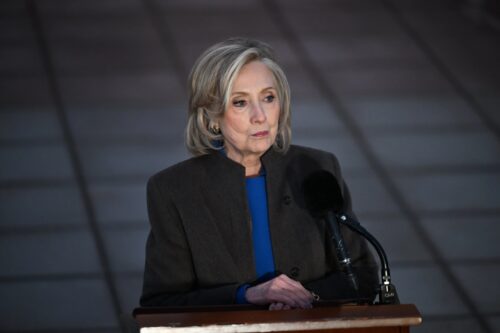
2025—an inflection point: Strategic balance
January 2025 may go down as Armenia’s geopolitical inflection point, a time when Yerevan decisively moved to shun its longtime protector Russia and pin its political and economic future on integration with Western institutions, thus scrambling the strategic balance in the Caucasus, Eurasianet writes.
Armenian officials have taken steps in recent days to formalize the country’s improving relationship with the United States and European Union. On Jan. 4, U.S. and Armenian diplomats signed a strategic partnership agreement, paving the way for stronger trade, strategic and political ties between the two states.
Days earlier, the Armenian government finalized legislation authorizing efforts to qualify the country for European Union membership. As noted, Armenia’s efforts to tighten ties with the EU and United States are the outcome of a souring of relations with Russia: many Armenians felt betrayed by the Kremlin for not fulfilling security guarantees during the last stages of the Second Karabakh War. The article says that for most of the post-Soviet era, Armenia had relied heavily on Russia for economic and strategic support. Traditionally, Armenia was considered firmly in Moscow’s orbit as part of the Eurasian Economic Union (EAEU) and the Collective Security Treaty Organization (CSTO). But since suffering a decisive defeat in Artsakh, Pashinyan’s government has reconsidered the value of the country’s relations with Russia.
One immediate question arising out of Armenia’s EU Integration Act is the country’s future in the Moscow-dominated EAEU. Armenian officials, while suspending the country’s membership in the CSTO, have said they have no plans to leave the EAEU. Russian officials, meanwhile, have emphatically stated that Yerevan cannot enjoy the best of both economic worlds. To a certain extent, the EU Integration Act marks the end of the beginning for Yerevan in its efforts to gain full membership. Beyond the formidable domestic reform challenges of bringing Armenian legislation into alignment with EU standards, the country must make peace with Azerbaijan. The prospects of a peace deal now seem more distant than perhaps a few months ago, but the process has proven prone to sudden shifts. For example, if existing tension lingers between Azerbaijan and Russia over the Kremlin’s failure to admit any responsibility for the crash of an Azerbaijani airliner that was accidentally shot down by air defense forces in Chechnya, Baku might be inclined to soften its negotiating positions vis-à-vis Armenia.
Meanwhile, the return of Donald Trump to the White House later in January raises questions about the future US-Armenian partnership. Many Armenians are hopeful that Trump’s return will accelerate efforts to expand bilateral relations, citing comments made by the president-elect prior to the November elections that he would “protect persecuted Christians.” At the same time, political observers expect that the Trump administration’s foreign policy will not prioritize the South Caucasus.


